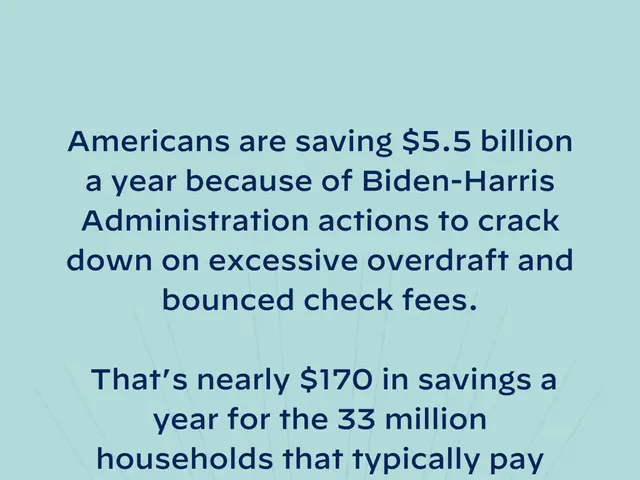Byju’s ex-director challenges $3.3M foreign funding deal in NCLT legal battle
Riju Ravindran, a suspended director and promoter of Think & Learn Pvt Ltd (TLPL), has filed a case with the National Company Law Tribunal (NCLT) challenging a Compulsory Convertible Debenture (CCD) agreement between TLPL and a subsidiary of Byju's US-based financial creditor, Glas Trust Co. Ravindran alleges that the agreement violates FDI and FEMA regulations, potentially involving illegal fund-raising for Aakash Educational Service Pvt Ltd (AESL).
Ravindran contends that the CCDs, drafted to resemble Foreign Direct Investment (FDI), are actually a form of foreign debt prohibited under the Foreign Exchange Management Act (FEMA). He argues that the CCDs are not fully and compulsorily convertible, constituting unauthorised external commercial borrowing.
Glas Trust, holding a majority stake in TLPL, proposed to subscribe to the CCDs through its wholly-owned subsidiary to raise funds for AESL's rights issue. TLPL, with a 25.7% stake in AESL, received an offer letter for subscription of approximately Rs 25.75 crore. Ravindran seeks to have the CCD subscription agreement terms set aside, deeming them 'invalid and unenforceable under Indian law'.
The NCLT will now examine Ravindran's allegations and the CCD agreement's compliance with FDI and FEMA regulations. If proven, the case could have significant implications for foreign investment in Indian companies and their fund-raising activities.
Read also:
- India's Agriculture Minister Reviews Sector Progress Amid Heavy Rains, Crop Areas Up
- Cyprus, Kuwait Strengthen Strategic Partnership with Upcoming Ministerial Meeting
- Inspired & Paddy Power Extend Virtual Sports Partnership for UK & Ireland Retail
- South West & South East England: Check & Object to Lorry Operator Licensing Now






